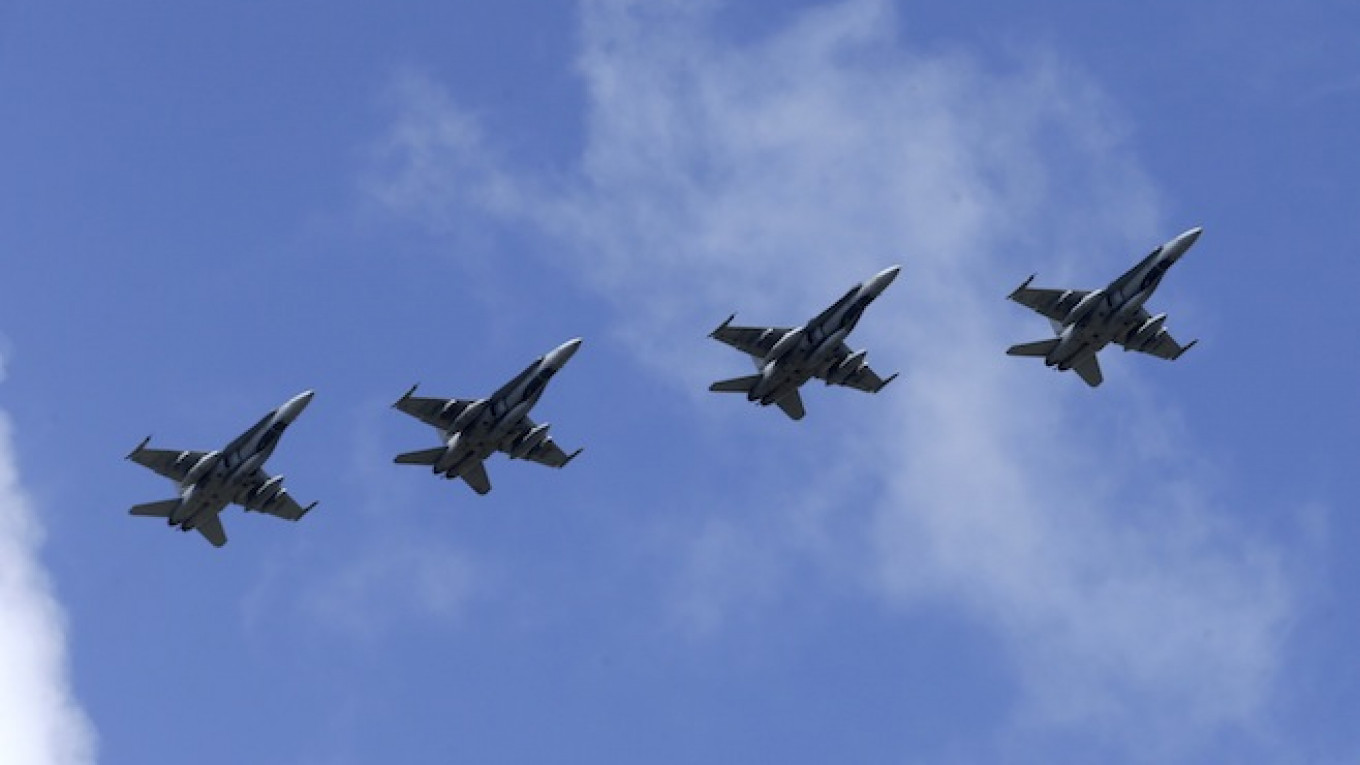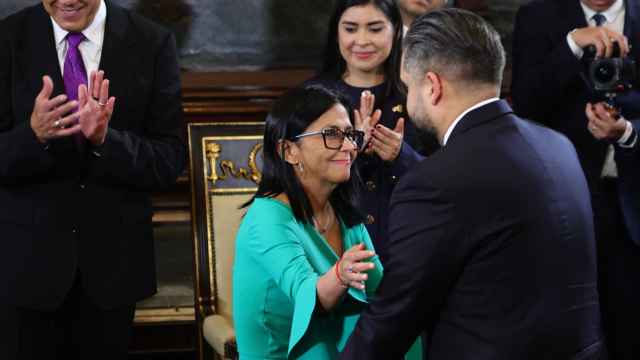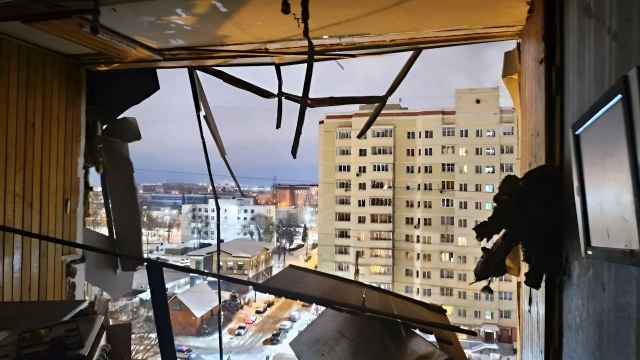NATO head Anders Fogh Rasmussen says the Western military alliance is planning to set up permanent bases in Eastern Europe, spelling out a development long opposed —and feared — by Russia.
"You will in the future see a more visible NATO presence in the East," Secretary General Anders Fogh Rasmussen told the Guardian and five other European newspapers on Tuesday.
Rasmussen also said the alliance is planning to boost its existing rapid response force, preparing some of its units to be ready for military action within hours.
"We have to face the reality that Russia does not consider NATO a partner," he said. "Obviously we have to adapt to that."
NATO's only current base in the region is located in Poland but calls from Warsaw to make its military presence permanent in the country have up to now been cast aside for fear of antagonizing Russia.
Eastern Europe used to be the Soviet Union's geopolitical domain, but most of the region's nations have joined NATO since its collapse — much to Moscow's perpetual irritation.
Rasmussen did not specify the exact location of the additional bases but Russian media responded to his statements by reporting NATO was planning to build its military bases "on Russia's border."
The announcement comes a day after Rasmussen called Russia's humanitarian aid convoy a "red herring," meant to divert attention away from the country's maneuvers in Ukraine.
"You can't exclude that so-called humanitarian operations are a cover for a military intervention," he told the Financial Times on Monday.
NATO has pledged to help Ukraine boost its military prowess in light of the perceived threat of Russian expansionism, Rasmussen said Tuesday, speaking on the sidelines of a NATO summit in Cardiff in September to which Russia has not been invited.
See also:
Merkel Vows NATO Will Protect Baltic States From Russian Aggression
A Message from The Moscow Times:
Dear readers,
We are facing unprecedented challenges. Russia's Prosecutor General's Office has designated The Moscow Times as an "undesirable" organization, criminalizing our work and putting our staff at risk of prosecution. This follows our earlier unjust labeling as a "foreign agent."
These actions are direct attempts to silence independent journalism in Russia. The authorities claim our work "discredits the decisions of the Russian leadership." We see things differently: we strive to provide accurate, unbiased reporting on Russia.
We, the journalists of The Moscow Times, refuse to be silenced. But to continue our work, we need your help.
Your support, no matter how small, makes a world of difference. If you can, please support us monthly starting from just $2. It's quick to set up, and every contribution makes a significant impact.
By supporting The Moscow Times, you're defending open, independent journalism in the face of repression. Thank you for standing with us.
Remind me later.






